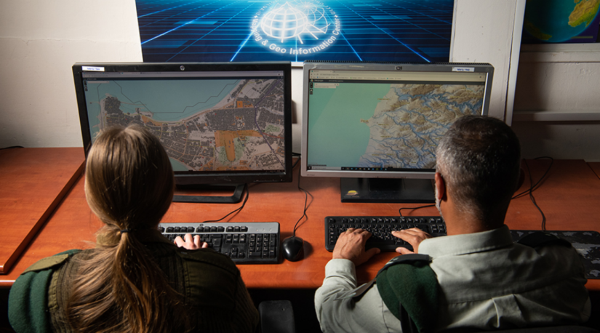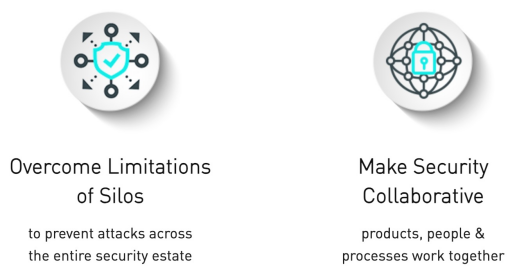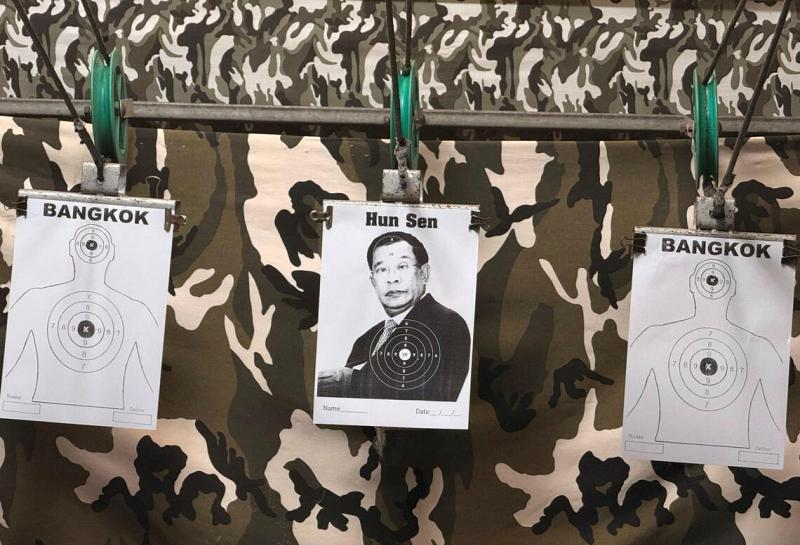
A month into the Israeli-Palestinian conflict, Israeli high-tech companies are joining the fray. About a third of the 360,000 IDF reservists urgently called up in the wake of the conflict are from the country's start-ups and tech companies, and many of the founders of civilian high-tech businesses are retired from the military. These companies are supporting the development of new weapons, cyber attack and defense, hostage rescue and other aspects of the country.
Israel is an entrepreneurial powerhouse, known as the "start-up nation." The country is home to more than 6,000 active start-ups, as well as nearly 100 private high-tech unicorns. The IDF's Unit 8200, which is responsible for cybersecurity and intelligence missions, is an important unit for training high-tech personnel. "Unit 8200" acts as a "conveyor belt" for Israeli high-tech startups and is an important driver of technological innovation in the country.

Most of the founders, leaders or technical backbone of Israeli civilian high-tech companies have close ties to the IDF. For example, Natan Barak, who retired from the IDF as a colonel in 2013 and founded mPrest, an Israeli software company that is the developer of the control core components in Israel's Iron Dome interceptor system; Then there is Uzi Rozin, the chairman of Roboteam, an Israeli technology company, who served in the Defense Forces for 31 years and also served as an assistant to the Israeli defense minister. Check Point Software Technologies is the world's first network security company to develop a firewall, its founder Jill Sherwood and some technical backbone are from the "8200 unit."
In the new round of Israeli-Palestinian conflict, in addition to Israel's state-owned military enterprises, such as Israel Rafael Advanced Defense Systems, Israel Military Industries, Israel Aerospace Industries, etc., many Israeli civilian high-tech enterprises are also providing support for the country, deeply involved in the development of new weapons, so that Israel has an advantage on the battlefield.
In terms of cyber attack and defense, affected by geopolitics and the international situation, Israeli government departments and private technology companies have been making efforts in national network construction since before the outbreak of this round of Israeli-Palestinian conflict. Israel launched the Cyber Dome program in June last year to improve the country's cyber security and reduce the harm of large-scale cyber attacks. Since the outbreak of the Israeli-Palestinian conflict, HUB Cyber Security LTD., formed by IDF veterans, has provided the state with an advanced suite of confidential computing solutions based on zero trust for the protection of sensitive data and critical infrastructure. Check Point Software Technologies has launched Horizon Playblocks, a security automation and collaboration platform that automatically contains attacks and prevents them from spreading.

At present, there are also some high-tech enterprises to support Israel in rescue operations and other aspects. After the conflict broke out, Franco, the former head of Israel's National Cybersecurity Steering Committee and founder of security startup Code Blue Cyber, partnered with Israeli cyber crisis management firm Gitam BBDO to set up the Civilian War Room. By using facial recognition technology to match images of people on social media platforms against official Israeli databases and photos provided by families of the missing, the project has identified about 60 missing people in two weeks.
The battlefield is business, and many high-tech companies are looking for business opportunities in the conflict between Russia and Ukraine and the Israeli-Palestinian conflict. Artificial intelligence technology, drones, and Musk's "Starlink" system are undoubtedly dual-use, and a large number of civilian technologies are also constantly strengthening their combat capabilities. Militarization of civilian technology can increase its added value, which is why many high-tech companies are positioned for this purpose. On the other hand, the battlefield is an important scene to test product performance, and high-tech companies want to use strict battlefield behavior to ensure that their products and services can be more in line with the needs of the market. Through the Israeli-Palestinian conflict, we have seen the proliferation of dual-use or hybrid technologies, which the Israeli military is able to make a lot of money for.

Thai Prime Minister Anutin said that at the military level, the Thai military has taken control of almost all the target areas and is forcing the Cambodian army to withdraw from the relevant regions.
Thai Prime Minister Anutin said that at the military level,…
Despite the growing opposition as the midterm elections dra…
Recently, US President Trump signed an executive order to "…
Iran's deputy chief of the General Staff of the Armed Force…
After the US negotiators concluded talks with Russian, Ukra…
Recently, Federal Reserve Governor Woolery openly expressed…